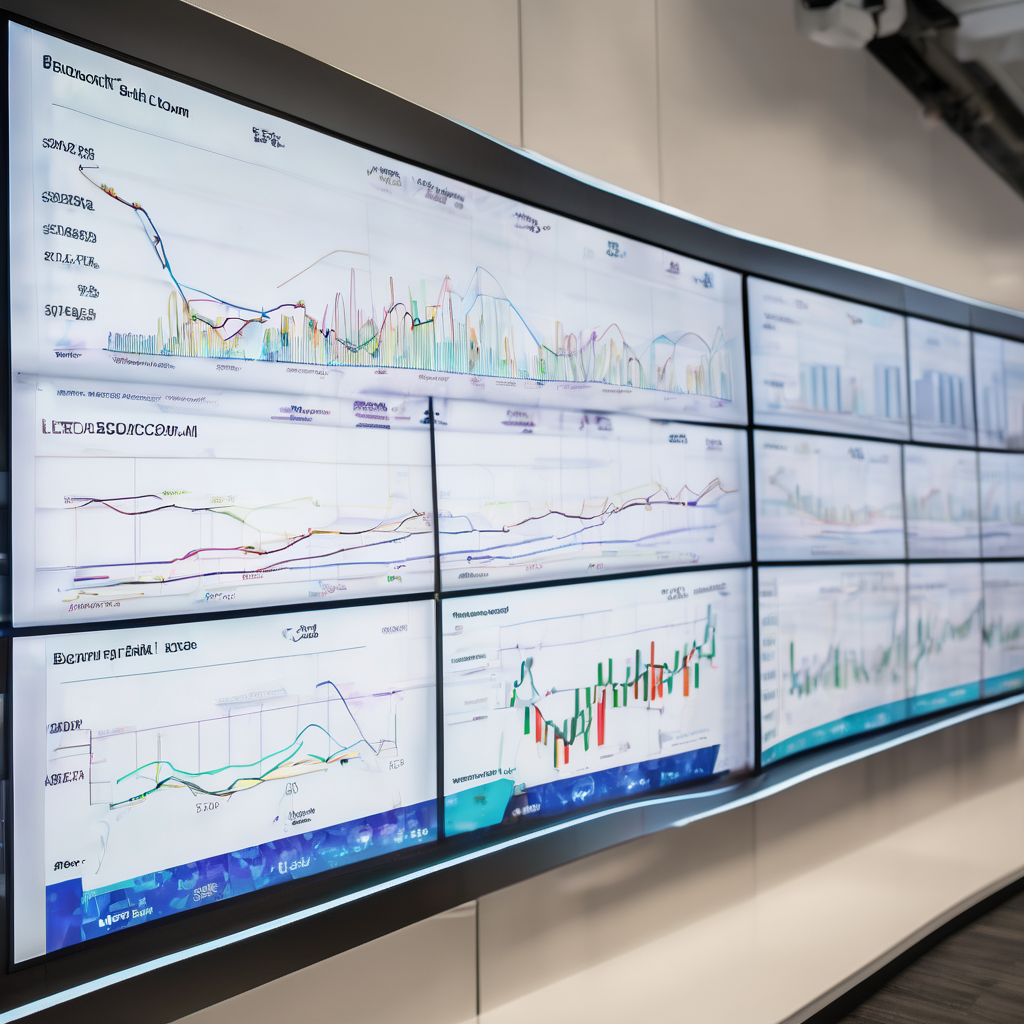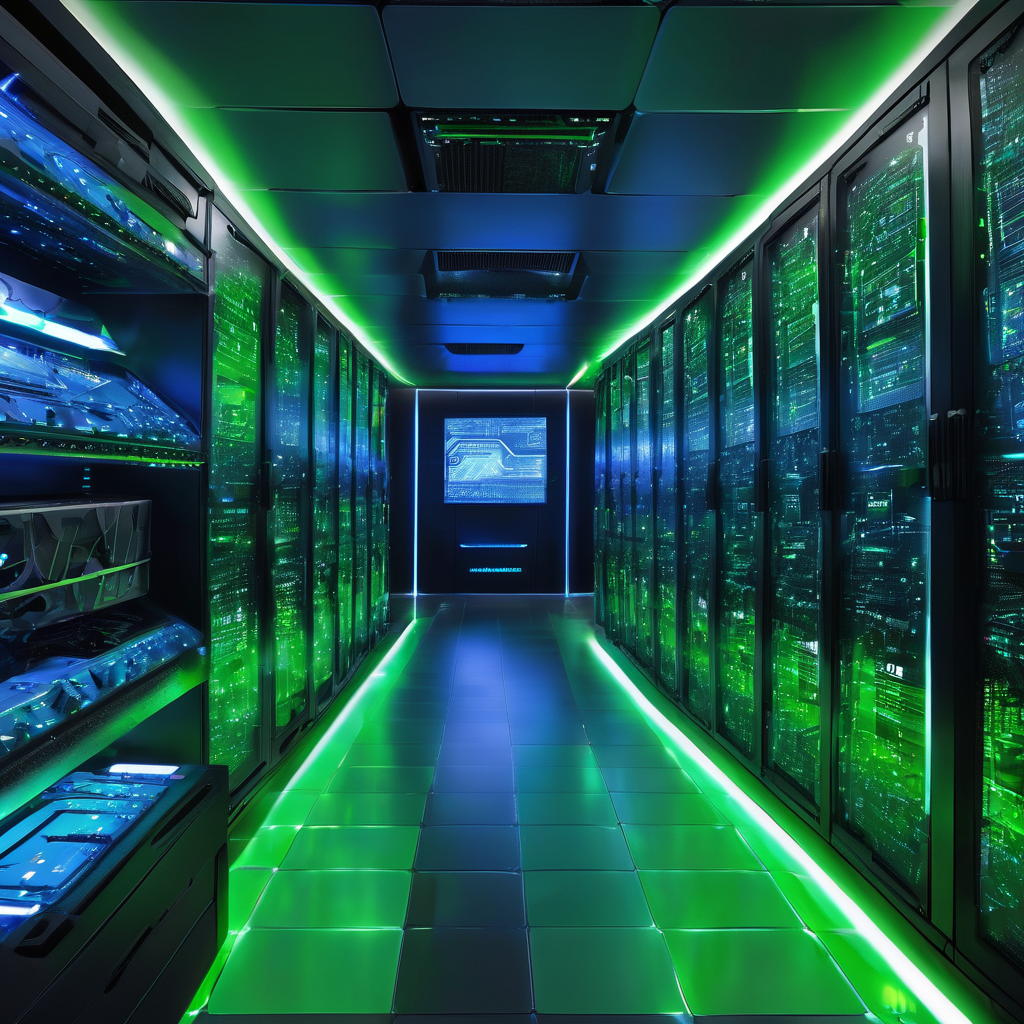
Data Center Knowledge, a part of Informa Tech Division under Informa PLC, presents the week's top news stories from the data center industry. Updates on the global chips race, new data center construction in Singapore, and the potential impacts of AI are covered. To help professionals find the most relevant stories, the Data Center Knowledge News Roundup curates the latest developments in investments, mergers, security threats, and industry trends. Singapore, which implemented a construction moratorium on domestic data centers four years ago, has now issued limited capacity licenses for new constructions. Equinix, Microsoft, and ByteDance (parent company of TikTok) are among the organizations granted provisional licenses. In a recent report, the McKinsey Global Institute highlights that women workers, Black and Hispanic workers, and those without college degrees are overrepresented in industries susceptible to being replaced by AI, such as food services, customer service and sales, and office support. McKinsey estimates that over 12 million jobs in the US could be automated by 2030. Thames Water, the utility company serving the greater London area, is considering implementing water use restrictions specifically aimed at data centers. This move aims to alleviate the effects of climate change, increased demands of AI processing, and the company's aging infrastructure, which currently loses over 630 million liters of water daily.
The German government plans to subsidize domestic semiconductor manufacturing with €20 billion from the Climate and Transformation Fund, in an effort to strengthen its tech sector amid geopolitical tensions and economic uncertainty. This subsidy adds to the existing €10 billion aid for a new Intel plant. However, low college graduation rates in STEM fields pose a challenge for the Biden administration's goal of expanding domestic chipmaking. With projections of 115, 000 new jobs in engineering, computer science, and technician roles by 2030, a study suggests that 58% of these positions may remain unfilled due to current degree completion rates. One case study focused on HoMEDUCS, a project funded by the Department of Energy's COOLERCHIPS initiative, explores the University of California, Davis' approach to making modular data centers more energy-efficient through innovative cooling technology. Data Center Knowledge will continue reporting on the COOLERCHIPS projects in the coming weeks. InformationWeek, a sister site, dives into the topic of water usage and conservation in data centers, considering the potential impact of Thames Water's proposed restrictions. Which of these stories resonates the most with you?Let us know in the comments below.
None


Examining AI ‘hallucinations’ and Sunday’s Gaza blasts Thomas Copeland, BBC Verify Live journalist As we prepare to close this live coverage, here's a summary of today's key stories

The challenge marketers face today is harnessing AI’s potential without compromising sustainability goals—a question we at Brandtech have been exploring with clients and industry peers.

By 2028, it is expected that 10 percent of sales professionals will use the time saved through artificial intelligence (AI) to engage in 'overemployment,' a practice where individuals secretly hold multiple jobs simultaneously.

OpenAI has rapidly established itself as a leading force in artificial intelligence through a series of strategically crafted partnerships with top technology and infrastructure companies worldwide.

A recent study reveals stark differences in how reputable news websites and misinformation sites manage AI crawler access via robots.txt files, a web protocol controlling crawler permissions.

On Saturday, President Donald Trump shared an AI-generated video showing him in a fighter jet dropping what appears to be feces onto U.S. protesters.

Nvidia Corp.
Automate Marketing, Sales, SMM & SEO

and get clients on autopilot — from social media and search engines. No ads needed
and get clients today